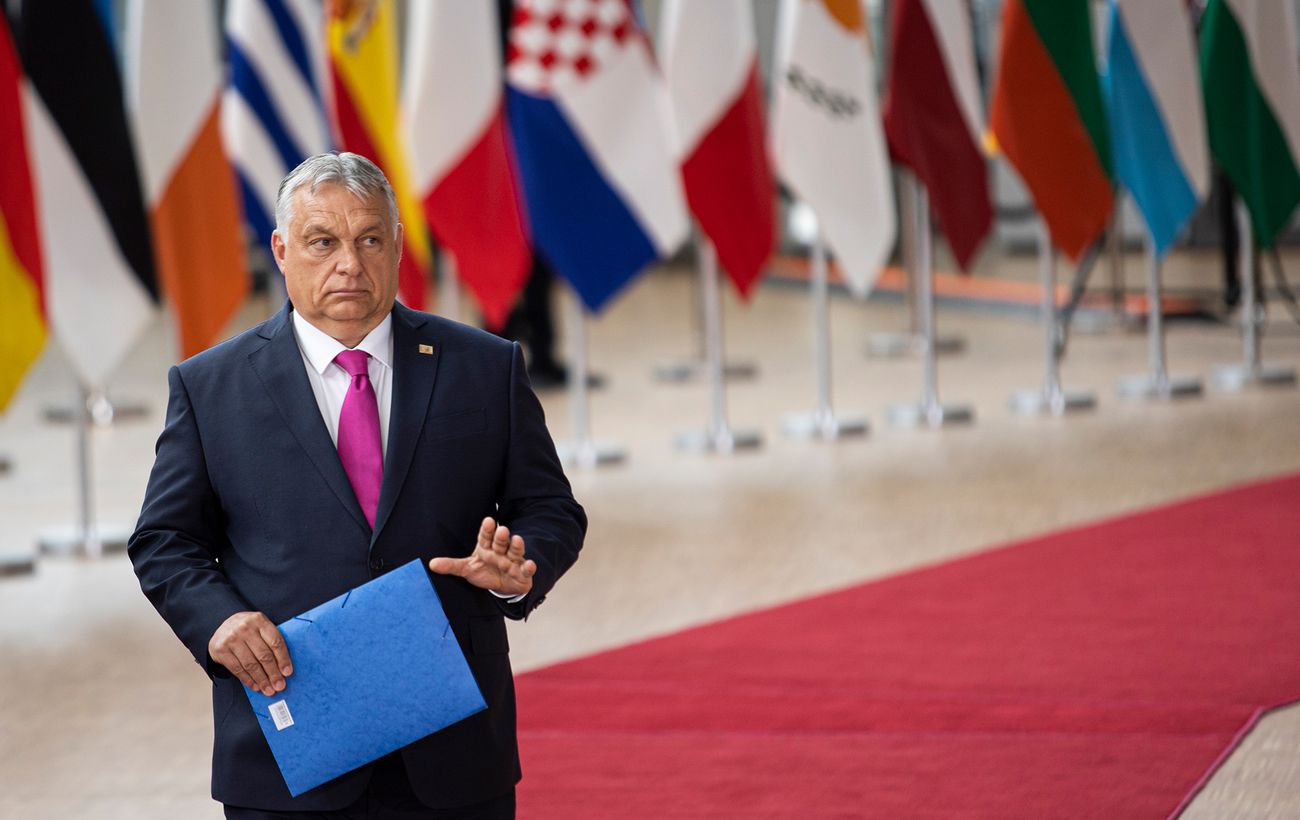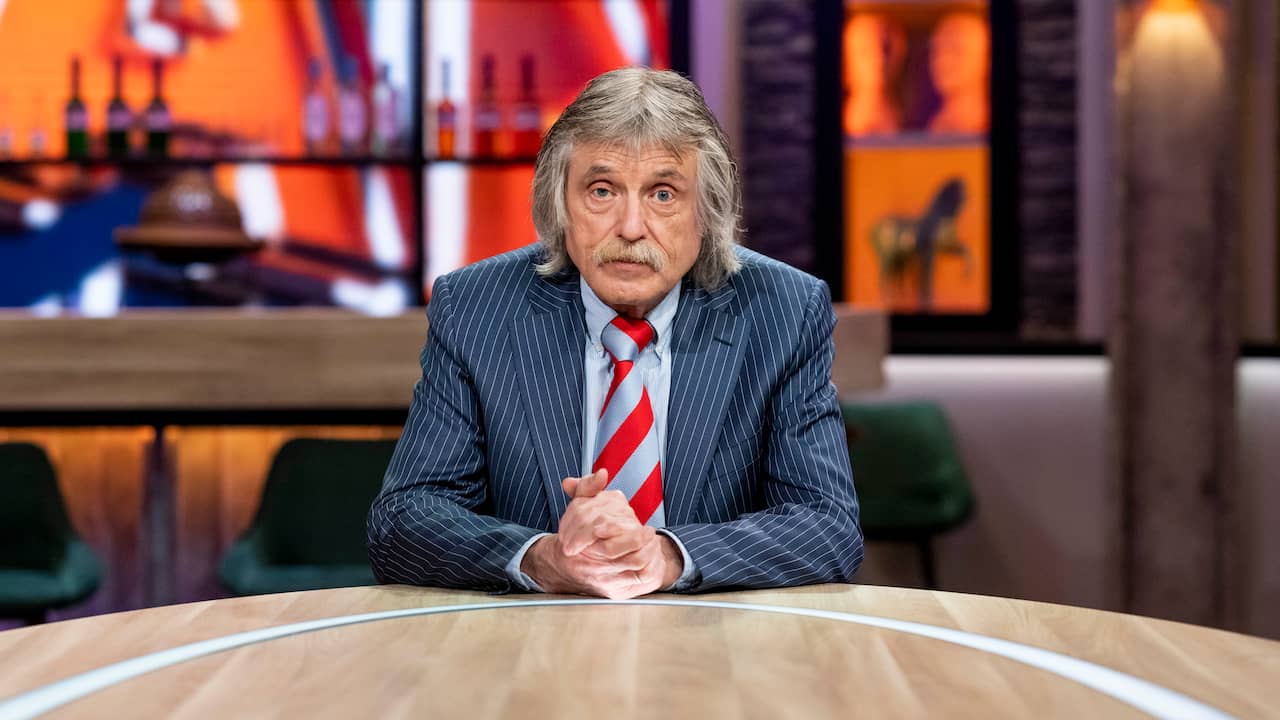In preparing the material, public statements by Viktor Orban, materials from the BBC, Telex, and Guardian were used.
Russophobe-anti-Soviet
Orbán entered Hungarian politics in the late 1980s, during the collapse of the communist bloc in Eastern Europe, actively advocated the withdrawal of Soviet troops from the country, and recalled Moscow’s bloody suppression of the 1956 Hungarian uprising.
When he first became the country’s prime minister in 1998, he not only did not maintain political contacts with Russia, but also prevented the economic expansion of Russians into Hungary. BBC called his “most anti-Russian politician in Central Europe.”
In 2002, Orban found himself in opposition, his political platform increasingly shifting towards national conservatism and populism. However, following Russian aggression against Georgia in 2008, Orban publicly called for Ukraine and Georgia to be accepted into NATO as soon as possible.
The following year, he attended the congress of the ruling United Russia party in the Russian Federation, reoriented from the West to the East, and increasingly criticized European liberal democracy. In 2010, his Fidesz party won the elections, and Orban again sat in the prime minister’s chair, which he still retains.
Language issue
In Ukraine, the general public first paid serious attention to Orban in 2014, shortly after the first wave of Russian aggression began. Then the Hungarian prime minister came up with the idea of granting autonomy to the Transcarpathian Hungarians.
Since then, the topic of the Hungarian minority in Transcarpathia has become Orban’s main tool in the Ukrainian direction. It has especially worsened since 2017, with the adoption by the Verkhovna Rada of a new law on education aimed at strengthening the position of the Ukrainian language. Since then, the Hungarian government has been systematically preventing Ukrainian integration into the European Union and NATO, using the principle of consensus adoption of key decisions adopted in these organizations.
Repeated attempts by Kyiv to seek a compromise with Budapest on the national-linguistic issue were ultimately destroyed by the Hungarian side. However, as the events of recent days have shown, the “protection of Transcarpathian Hungarians” for Orban was more likely a reason, rather than a reason, for an anti-Ukrainian policy.
After all, even the adoption by the Rada of a new law on national minorities, approved by the European Union, and the public appeal of the Transcarpathian Hungarians themselves with a call not to interfere with the European integration of Ukraine did not change his rhetoric. Having forgotten about the “protection of Transcarpathian Hungarians,” Orban is now speculating on the topics of corruption in Ukraine, the Russian-Ukrainian war (which, in his opinion, Ukraine will never win), etc.
The road to authoritarianism
During Orbán’s second prime ministerial term, Hungary is systematically deteriorating in terms of democracy, according to many observers, having already slipped into actual authoritarianism. Last September, the European Parliament appealed to the European Commission to impose sanctions against Hungary for curtailing democratic freedoms, in particular freedom of speech, infringement of minority rights, loss of judicial independence, etc.
Due to problems with the rule of law and human rights, Brussels regularly blocks multibillion-dollar payments to Hungary from the pan-European budget, and this issue is the topic of constant bargaining between Orban and European officials, including on the issue of Ukraine.
Actually, Orban’s agreement not to block the opening of negotiations on Ukraine’s accession to the EU is directly related to the unfreezing of 10 billion euros for Budapest.
In domestic politics, Orbán systematically promotes an ultra-conservative agenda in Hungary, positioning migrants and the LGBT community as enemies of his nation. At times, he allows himself theses that in Europe are voiced only by marginal far-right politicians, but not by state leaders.
Thus, last summer, a big scandal was caused by his speech about the “mixing of European and non-European races,” in which he emphasized that in Hungary, unlike other countries of the continent, “racial purity” is preserved.
Looking for friends
In his chronic confrontation with Brussels, Orban is desperately looking for allies among the right and far-right parties in Europe. For a long time, its key partner was Law and Justice, which ruled Poland, to which the European Union brought forward similar accusations of authoritarian habits, infringement of human rights, freedom of speech and independence of justice, etc.
But the full-scale aggression of the Russian Federation against Ukraine has caused a quarrel between Budapest and Warsaw. PiS leader Jaroslaw Kaczynski directly stated that his country will not cooperate with Orban because of the latter’s anti-Ukrainian position. For a similar reason, Orban’s relationship with Italian Prime Minister Giorgia Meloni, who also took a radically pro-Ukrainian position, was upset.
Orban’s only recent success is the rise to power in Slovakia of populists led by Robert Fico. But he is an even greater opportunist than Orban himself, and is clearly not ready to enter into a large-scale open conflict with Brussels.
In such a situation, Vladimir Putin turned out to be Orban’s natural ally. Their positions coincide on many issues: from conservative-populist rhetoric, hatred of “liberal democracy” and contempt for human rights – and to the war in Ukraine. Orban tirelessly voices narratives that are most beneficial to the Kremlin, the key of which is that Western support for Ukraine is meaningless and must be stopped. There is also a purely economic factor: Hungary receives energy resources from Russia at a discount, and the Russians will build the Paks-2 nuclear power plant in the country.
In Hungarian circles, there is another explanation for Orban’s sharp turn towards Moscow in the late 2000s: he allegedly simply received a suitcase with money from the Kremlin. But no one has yet provided real evidence for this version.
2023-12-15 12:10:00
#Viktor #Orban #Hungarian #Prime #Minister #criticizes #Ukraine #friends #Putin


